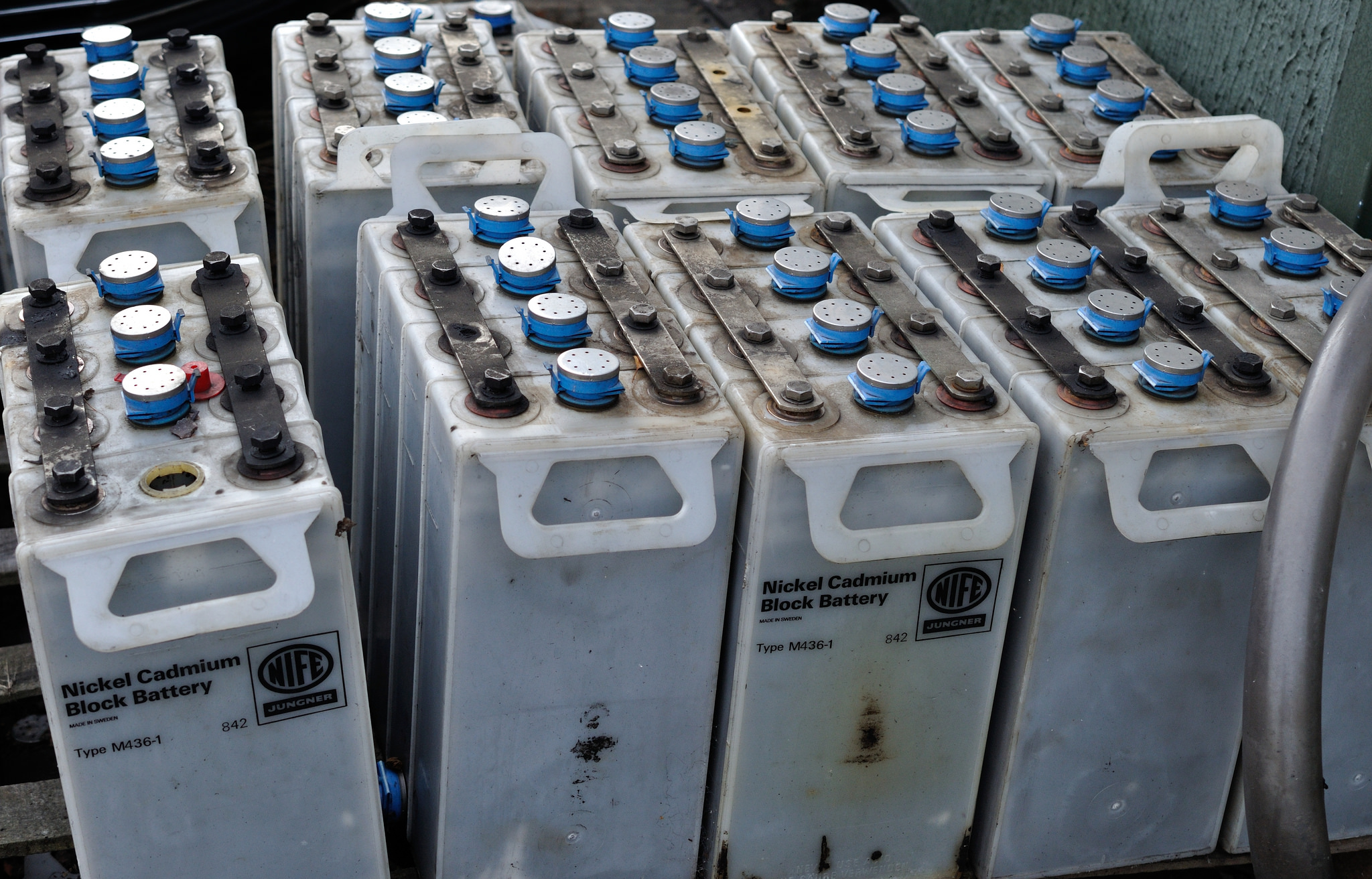Manufacturing EVs In India Will Increase Dependence In China: Global Trade Research Initiative 2023
China has acquired the largest lithium mines in Australia and South America. Furthermore, it is responsible for processing 60 percent of the lithium globally. Ca manufacturing of EVs b a threat for India in terms of employment and pollution?

The manufacturing of EVs will increase the dependence on China. It is because of the increased demand for raw materials, processing of minerals, and production of batteries. The reports were stated by the Economic think tank Global Trade Research Initiative in an interview.
China has acquired the largest lithium mines in Australia and South America. Furthermore, it is responsible for processing 60 percent of the lithium globally. In addition, China even produces 65 percent of its cobalt and 93 percent of its manganese.
China is responsible for the production of three out of every four lithium batteries globally. Reports have stated that 100 Chinese battery units manufacture 60 percent of the cathodes and 80 percent of the anodes respectively, which are utilized in lithium-ion cells.
Furthermore, the reports have shown that EVs have serious implications for employment and pollution. To support the statement, the firm has mentioned that it has identified 13 issues related to the interests of consumers, government, and industry for its evaluation.

The other shortcomings involve the high costs of EVs, the efficiency of the EVS for long journeys, and performance under extreme conditions. The EVS would cause an increase in demand for power, no reduction in pollution, and the most serious threat, i.e., strong dependence on China. It would imply a disruption in the auto component sector and an inadequate supply of lithium.
Ajay Srivastava, co-founder of GTRI has addressed the issue. He said that lithium-ion battery-powered electric vehicles are still in the early stages of development. The long-term effects of EVs on employment, pollution, and lithium imports should be taken into consideration by the developers.
He addressed issues of pollution. He has explained that a 500 Kg lithium car battery uses 12 kg of lithium, 30 kg of nickel, 15 kg of cobalt, 44 kg of copper, and 50 kg of graphite.
In addition, the battery uses 200 kg of steel, aluminum, and plastics. The entire processes from mining to extraction, transport, and processing of such elements are responsible for the release of effluents and carbon dioxide. It will lead to water and air pollution.
Another limitation includes the life of the battery, which usually lasts for 6 to 7 years. After completion of its life cycle, it requires to be recycled. The battery consists of many toxic elements that are challenging to undergo a degradation process, causing difficulty in recycling.

Firms promoting shifting to EVs have not addressed mining and disposal costs, only giving information for the usage of zero-tail pipes.
The batteries would be charged by coal-dependent electricity, which will further accelerate pollution.
India generates about 60 percent of its electricity from fossil fuels like coal and petroleum. Coal is the major source of energy consumption, accounting for 50 percent.
The co-founder has further stated that EVs will make sense when energy is obtained from non-renewable sources. It will completely disrupt the auto-component industry comprising 700 and 10000 unorganized manufacturers. The transition to electric vehicles will end the existence of lakhs of shops and garages. The employers sell spare parts, change oil, and service vehicles.
EV is not a global phenomenon. The transition has started in Europe, which is focussed on adjusting the carbon emissions and adopting steps to protect the polluting industry and cause disruption in global trade.

There is no standardization in charging ports for electric scooters. Each firm has its own specific charging port model. Standardization is integral. Otherwise, each maker has to establish separate charging infrastructure across the country.
Status of sale of EVs Globally:
Despite the shortcomings, electric vehicles have received great success globally. The latest data has shared that sales of EVs have increased by 53 percent in Q4 of 2022. It indicates that more than 1.2 crore units of electric vehicles have been sold globally in 2022-23.
It was even found that the Tesla-owned model Y has continued to be the best-selling model of EV. Analysis has stated that auto vehicle brands have been influencing and extending their reach in markets like Europe, Southeast Asia, and Latin America.
Edited by Prakriti Arora




